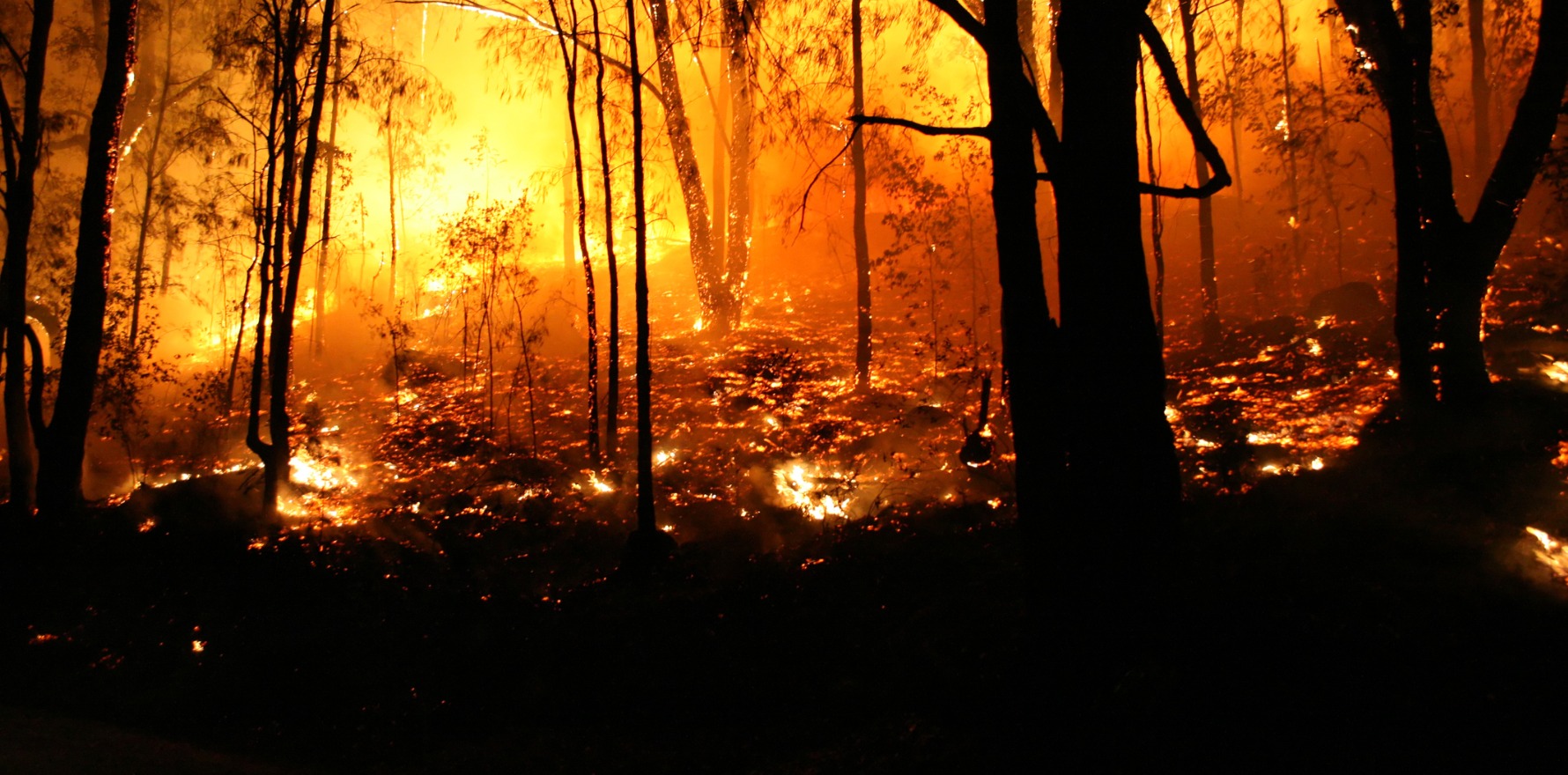Despite younger people having a more lackadaisical attitude towards exposure.
Younger adults were almost three times as likely to report ill health from bushfire smoke during the Black Summer bushfires as those over 65, according to a survey of 1,000 Australians with and without lung conditions.
“This may reflect the fact that younger adults are more likely to go outdoors during smoky conditions,” said Professor Guy Marks, a respiratory physician involved in the study.
“It implies messages targeting this age group [under 65s] are needed to make them aware of the potential risks,” said Professor Marks, from the Woolcock Institute of Medical Research.
Older respondents had a lower risk of adverse health effects, reported fewer visits to health facilities and were more likely to report avoiding outdoor activities than those under 65, the study found.
“Our data suggest older people may be more cautious and less mobile in outdoor settings than younger people during bushfires,” the research team wrote in their paper, published in The American Journal of Respiratory and Critical Care Medicine.
The study, designed to compare the health effects in people with and without respiratory conditions, found that people with self-reported asthma, COPD and other chronic lung conditions were at greater risk of adverse health impacts during the fires – but also more likely to wear a mask or respirator to protect themselves from smoke exposure.
Early estimates attributed several thousand extra emergency department presentations and hospitalisations for people with asthma, lung issues and heart problems to the bushfires, which burned from September 2019 to February 2020.
Among people in this new study with chronic lung disease, 60% reported experiencing any adverse health effects during the fires and “more than 40% reported using extra reliever inhalers for asthma”, said Professor Raina MacIntyre at UNSW’s Kirby Institute.
“People [with respiratory conditions] also reported increased use of oral medication including corticosteroids and antibiotics.”
Aside from medication use, adverse health effects included breathing difficulties, urgent GP visits, hospital admissions or developing a chest infection soon after smoke exposure.
Roughly 15% of healthy people in bushfire-affected areas also reported one or more of these health impacts when surveyed about their experience in August 2020, six months after the fires abated.
Professor Fay Johnston at the University of Tasmania said the study was more rigorous than most rapid surveys conducted after severe smoke events, using clearly defined clinical outcomes and systematic random sampling.
However, recall bias may be a limiting factor. Extreme smoke conditions would be more memorable and likely to have the greatest health impacts, Professor Johnston said. But since smoke exposure was self-reported, “we really don’t know how much smoke or for how long each responded did or did not experience”.
The study also did not measure health outcomes over time, so it provided only a snapshot of people’s health.
Professor MacIntyre, Professor Marks and their colleagues were continuing their research with a world-first clinical trial testing whether using respirators and masks during smoky periods could mitigate harms for people with asthma and chronic lung conditions. Final follow-up was planned for April 2022.


